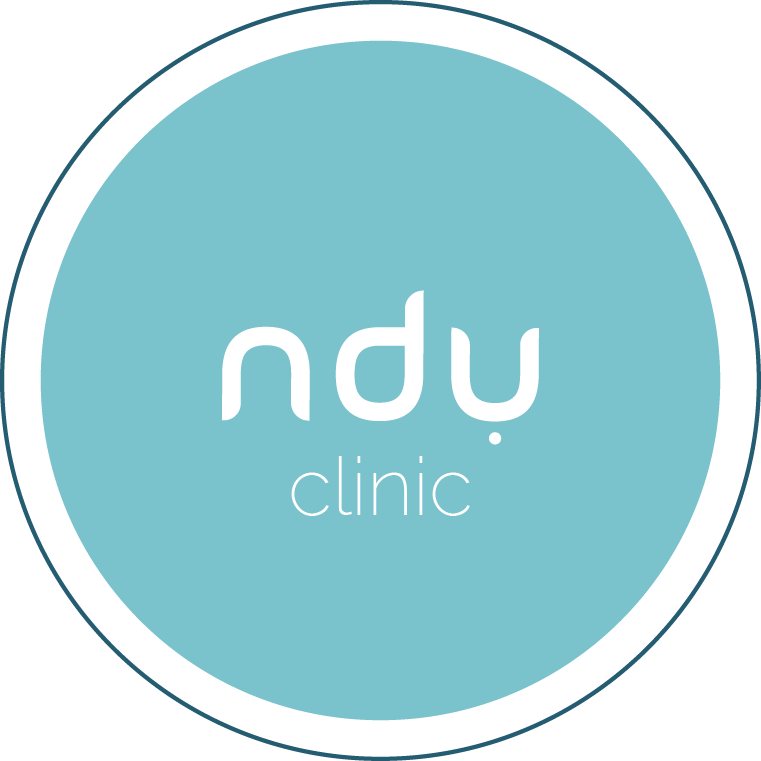In recent years, there has been a noticeable rise in the number of children born with tongue ties, a condition where the tissue connecting the tongue to the floor of the mouth is unusually short, restricting movement. This can cause problems with breastfeeding, speech development, and even breathing. But why are tongue ties becoming more common now?
Barbara O'Neill, a respected natural health educator, believes this surge is closely connected to modern nutritional deficiencies, particularly involving folic acid. She explains that in previous generations, tongue tie and similar oral issues were far less common, and attributes the current rise to changes in prenatal nutrition.
According to O'Neill, synthetic folic acid, which is commonly used in supplements and fortified foods today, does not provide the same benefits as the natural folate found in whole foods. The body may struggle to process synthetic folic acid properly, leading to deficiencies that can affect the development of a baby's tissues, including those in the mouth and tongue.
She emphasises the importance of natural nutrition during pregnancy, particularly consuming leafy greens, beans, and citrus fruits, all of which are rich in natural folate. O'Neill believes that improving maternal nutrition before and during pregnancy can reduce the incidence of tongue tie and support overall healthy development.
Tongue tie may seem like a minor issue, but its increasing prevalence is a signal that modern lifestyle and nutrition are impacting the health of future generations. By addressing these root causes, we can better support children's long-term health and development.
If your child has a tongue tie and you're concerned about it, our clinic can help. Dr. Aoife, who specialises in biological dentistry with a focus on myofunctional orthodontics, is highly experienced in assessing and treating tongue ties. We offer comprehensive consultations to evaluate your child’s specific needs and provide gentle, effective treatments to address the condition. Contact us today to learn more about how we can support your child’s oral health and development.


